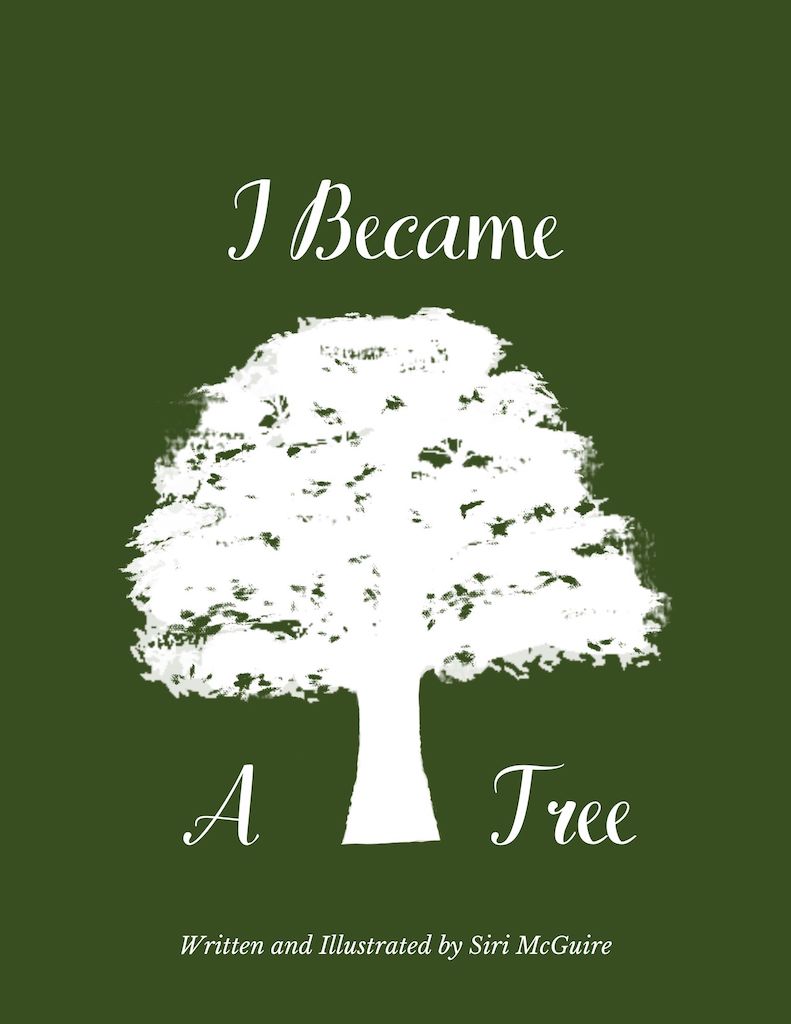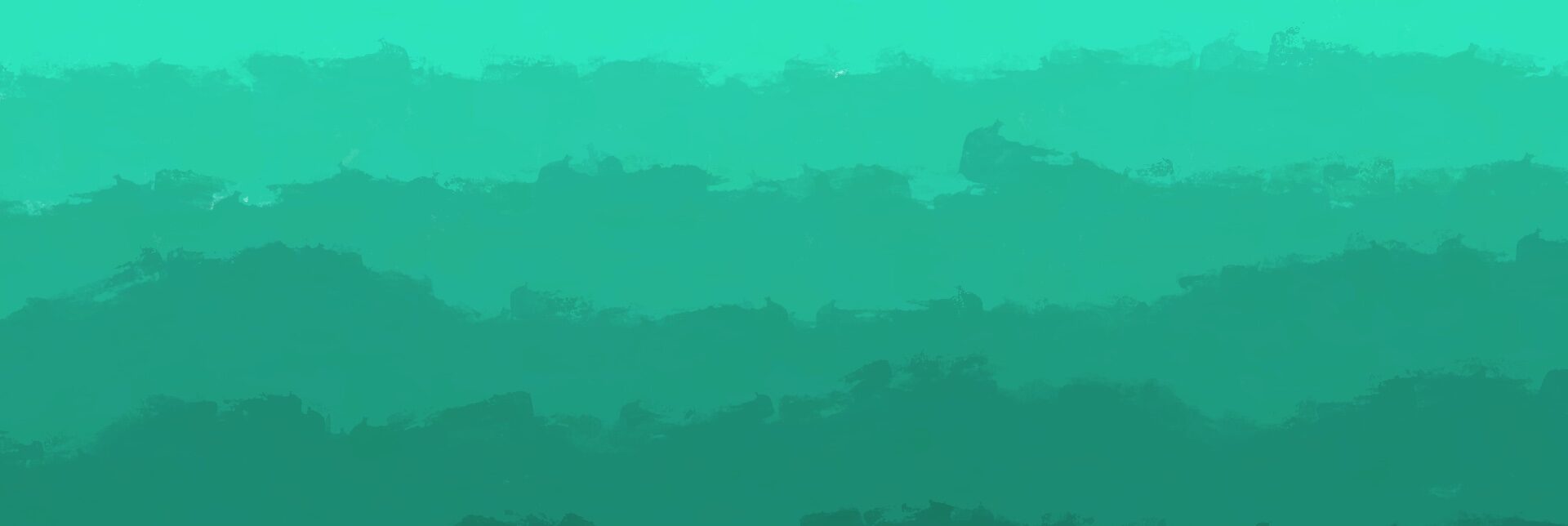“My body did not look at all like it once had.
Every day I grew and could see more of the world around me,
and beautiful leaves emerged from my delicate branches.
I began to like the new me.”





A Book About Disability, Change, Acceptance, and Finding Community
Undergoing a change in one’s mind, body, or way of being can be a life-altering experience. We see examples of change everywhere we look in the natural world – caterpillars undergo massive changes as they trade in their bodies and earth-bound ways for a set of wings that alter the way they move and experience the world.
Despite this, we sometimes refuse to acknowledge that human beings are subject to the same process, and experiences like disability and illness remain undiscussed and stigmatized. Coupled with the social, political, and cultural forces that marginalize disabled people and exclude them from public life, it is easy to believe that disability is a rare occurrence rather than something that every person will experience in their lifetime. Disability, then, gets painted as unnatural or unusual – making it easier to justify the exclusion of disabled people from outdoor and nature-based experiences and spaces.
We do a disservice to young people when we don’t talk about what happens when your mind or body changes. Rather than equip them with skills and ways of being that they can draw upon regardless of their life stage, environmental education tends to focus on activities, norms, and practices that will only apply to students as long as they possess a nondisabled mind and body. As we avoid talking about disability, we learn to fear it – and that fear is imparted to the young people in our lives.
How This Book Was Born
As a graduate student in environmental education at the University of Washington’s IslandWood Residency Program, I found myself thinking often of how we could broach the subject of disability with young people. And not in ways that elicit fear – but in ways that foster understanding of disability as a natural part of human diversity and experience, and as an identity that can bring insight, community, and perspectives that are necessary for an equitable and robust society.
Read the story featured on IslandWood’s website about
“I Became a Tree”
As a result, I decided to write and illustrate a children’s book that follows the journey of a cottonwood tree seed as it experiences changes in is body, mobility, and way of being. I wanted to use a nature metaphor to show how this kind of change is, in fact, a fundamental part of existence for all living beings, and through that, assert that disabled people are natural and belong in nature.
To write the book, I drew from my own lived experiences with illness and disability. A fundamental part of what I aimed to communicate was the importance of “becoming” or acceptance. When one chooses to accept one’s body and mind rather than turn against it for being different from it once was, it becomes possible to move forward in a real way – and to find community with others with whom you can create shared futures. That journey is often difficult – particularly given what we are told about what kinds of bodies and minds are valuable in our society – but it is one that can generate new meaning and understanding of what life is. It is my hope that this book will help others feel seen in their own journeys – wherever they are at.

